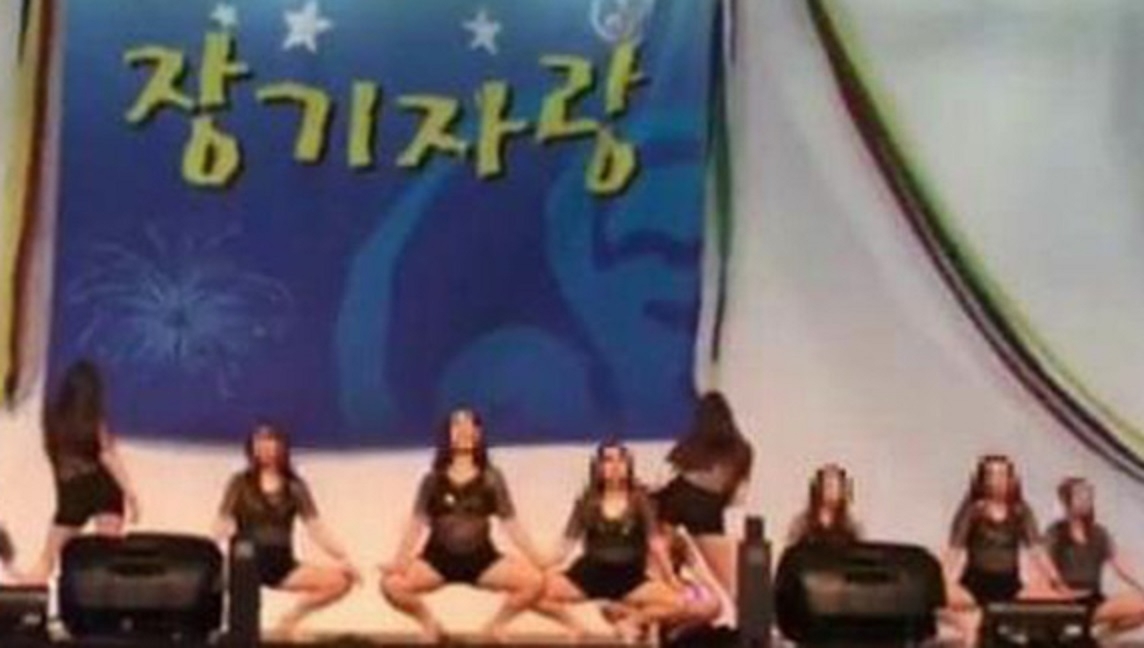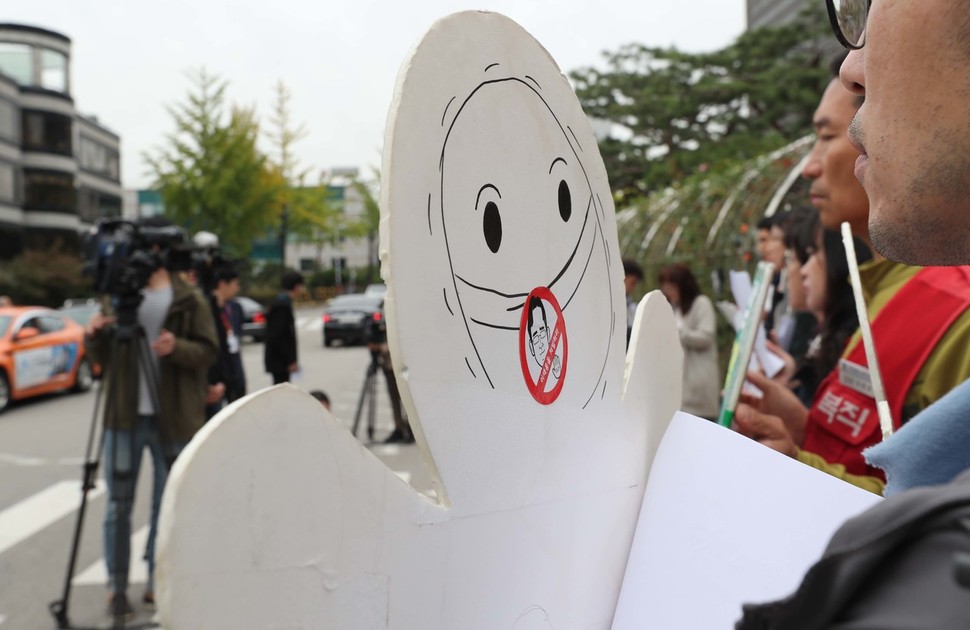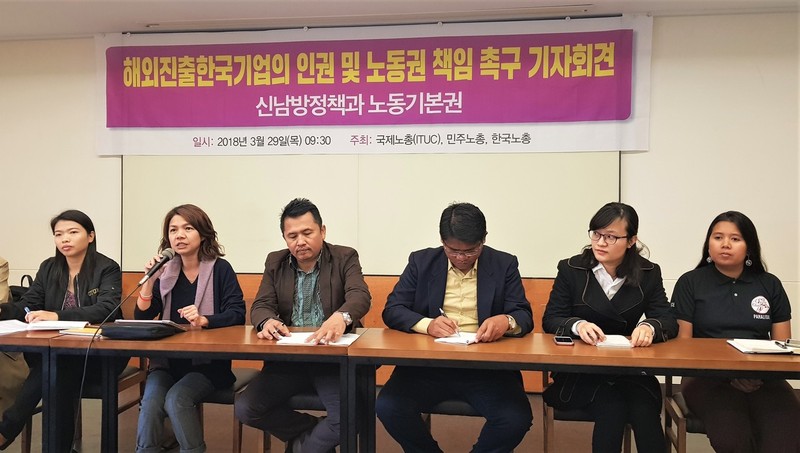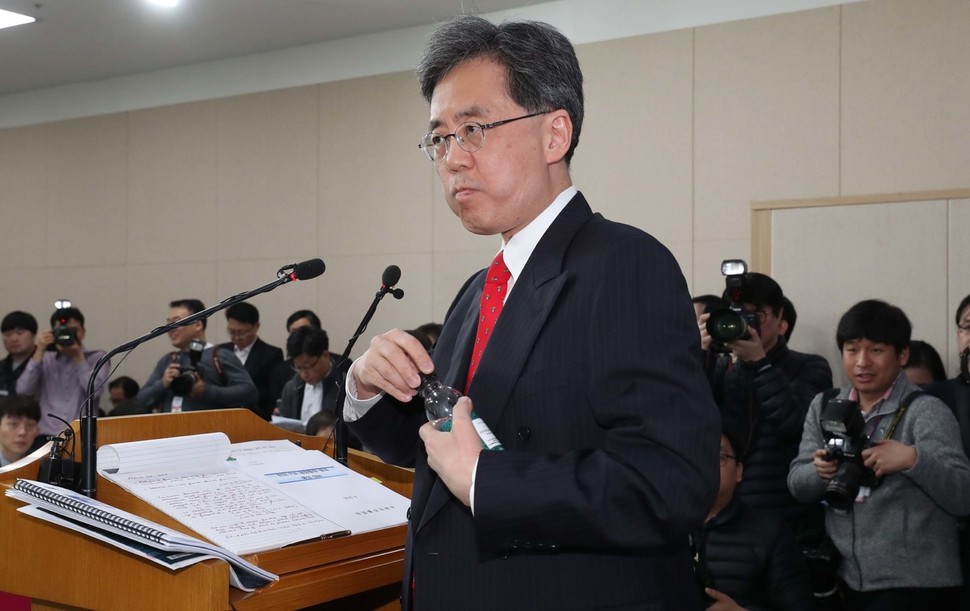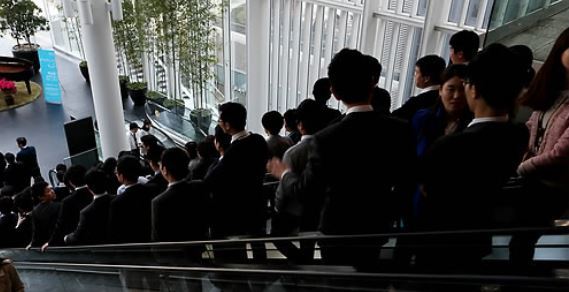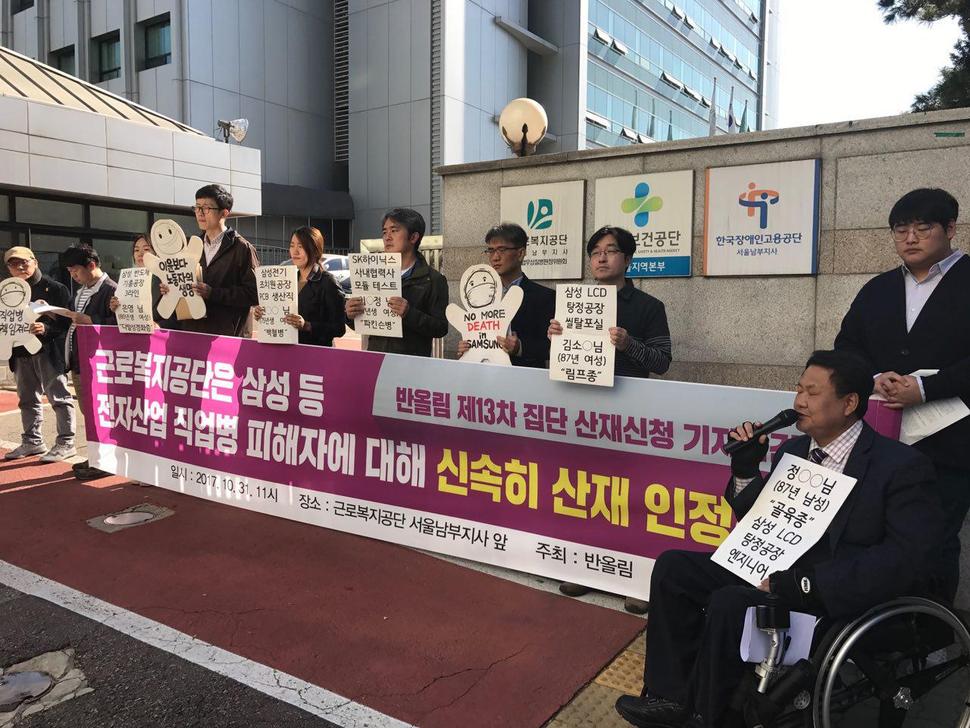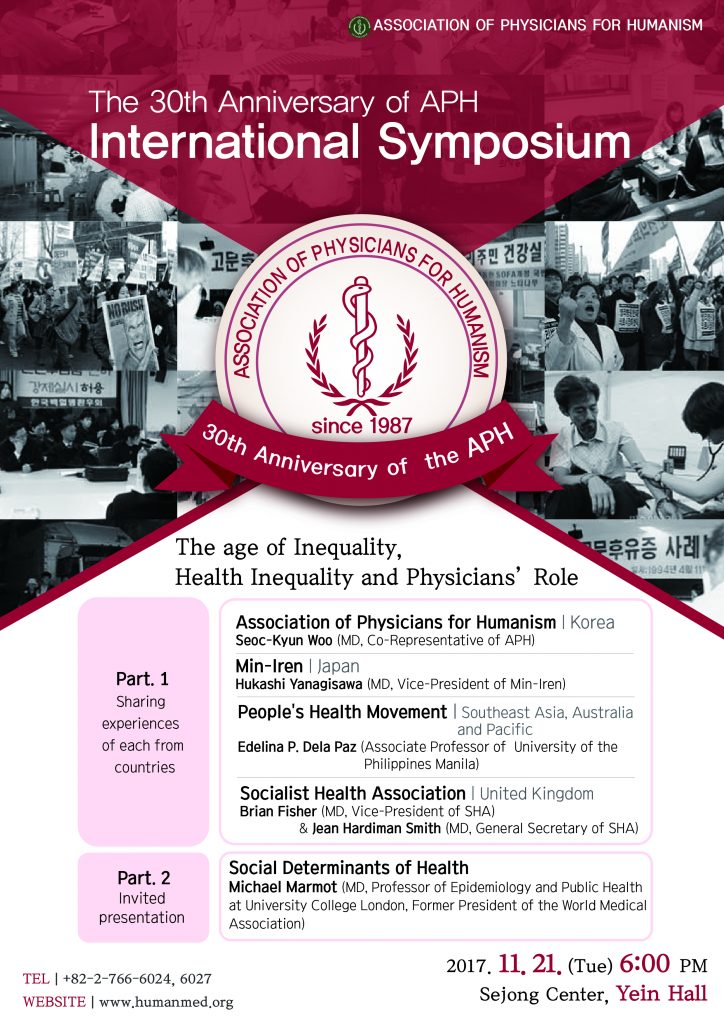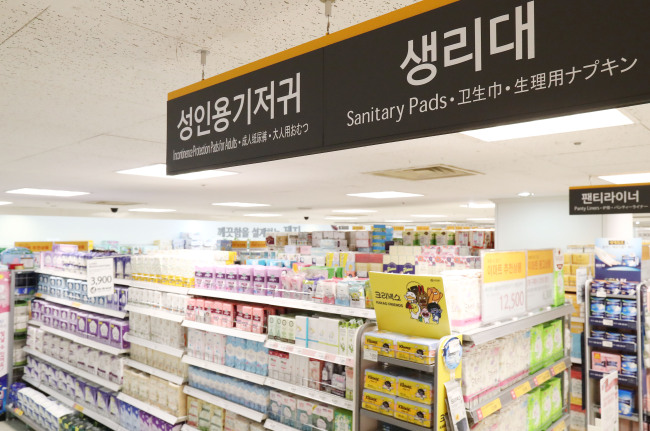“United Nations Committee on the Elimination of Discrimination against Women (CEDAW) called on Seoul to revise the definition of rape.”
“However, society should start talks to define the meaning of yes and no. Koreans have never discussed what mutual consent in a sexual relationship is, which has led to many violent situations between partners,”
#sexual_violence #rape_definition #women_trafficking_culture #Korea
Original Article from: https://goo.gl/Rkvrcm
 |
| Protesters take part in a street parade in central Seoul, March 8, on the occasion of International Women’s Day. / Yonhap |
By Choi Ha-young
Following a series of #MeToo claims here, politicians are competitively creating bills aimed at preventing sexual crimes and strengthening criminal punishment for assailants. Among them, some to feature revising the definition of rape in existing criminal law that rape should involve “violence or intimidation.”
Based on the definition, local courts have acquitted some alleged rapists citing a lack of violence. To prove that the violence or intimidation made the victim unable to resist, victims were required to attempt to resist to the bitter end ― which could put their lives at stake.
Last month, the United Nations Committee on the Elimination of Discrimination against Women (CEDAW) called on Seoul to revise the definition of rape. “Amend article 297 of the Criminal Code so as to place the lack of free consent of the victim at the centre of the definition,” a report published by CEDAW reads.
The most powerful bill that echoes the point is the one created by Rep. Kang Chang-il of the ruling Democratic Party of Korea. Rep. Kang’s bill replaced “violence and intimidation” with “without clear consent of counterpart.”
“So far, whether the victim protested against the assailant or not has been the center of the allegation, which has caused secondary damage for the victims,” the lawmaker said in the revision bill.
Conservative lawmakers also joined the move.
Rep. Lee Hag-jae of the minor center-right Bareun Mirae Party is drawing up a similar bill. Instead of using the term “rape and sexual molestation,” the bill proposed using “invasion of rights to self-determination over sexuality.” The envisioned change aims to highlight individuals’ rights to make independent choices.
Rep. Lee also offered to revise the definition of rape ― “having sexual relations with another without consent.”
Another bill submitted by Rep. Hong Chul-ho of the Liberty Korea Party defined rape as a sexual relation that involves “violation or intimidation” or actions “against someone’s will.”
These bills are commonly based on the idea of “yes means yes, no means no” as do laws in Germany, Canada and the United Kingdom.
According to the report published by the National Assembly Research Service, Germany previously required “violation and intimidation” as a legal condition of rape. After the revision was made in November 2016, Germany defines rape as a “sexual relation against victims’ expression.” Sweden is also pushing for revision bills to stipulate “without consent” instead of “violation and intimidation,” the report reads.
The tricky issue is “what does yes mean?” In Korea, where the influence of Confucianism remains dominant, women are required to stay “pure and chaste,” said Hongik University Law Professor Spiritas Cho.
Such cultural inclinations are palpable in love scenes in K-dramas. When they fall in love, men are supposed to lead the relationships ― sometimes using force ― while women are reluctant to be courted. Female characters who initially refused to kiss male characters end up agreeing. This is not a matter of gender, considering many screenwriters of such dramas are women.
In this respect, Cho said the revision of the laws should accompany a fundamental shift in our approach to sexuality. “Women must be able to express their sexuality and their sexual desires freely and clearly, not to be ostracized for that socially and culturally,” Cho said.
Still, negative comments are flooding online communities regarding the bid to revise the criminal law. When Minister of Gender Equality and Family Chung Hyun-back indicated her agreement with such a revision, some netizens sarcastically commented: “Now couples should exchange written contracts.”
Lee Mi-kyeong, director of Korea Sexual Violence Relief Center, who provided advice in designing Kang’s bill, admitted the envisioned changes would bring some confusion for a while.
“However, society should start talks to define the meaning of yes and no. Koreans have never discussed what mutual consent in a sexual relationship is, which has led to many violent situations between partners,” Lee said.
“It’s time to reflect on our attitudes and make efforts to respect each other,” she noted.
